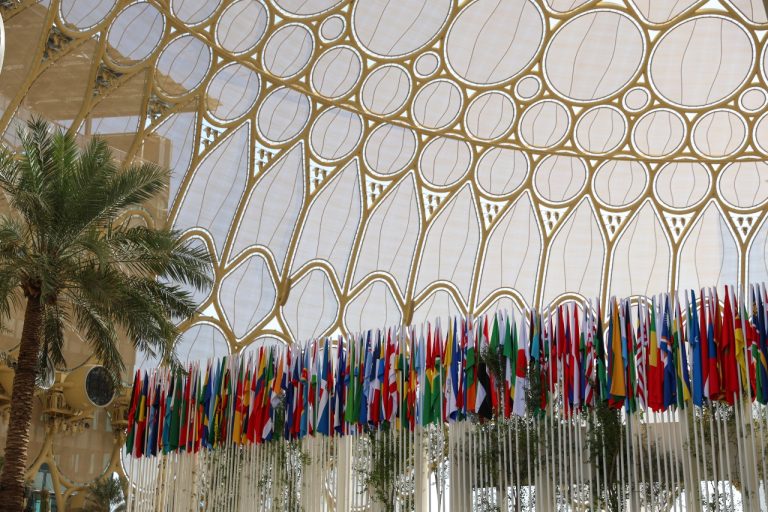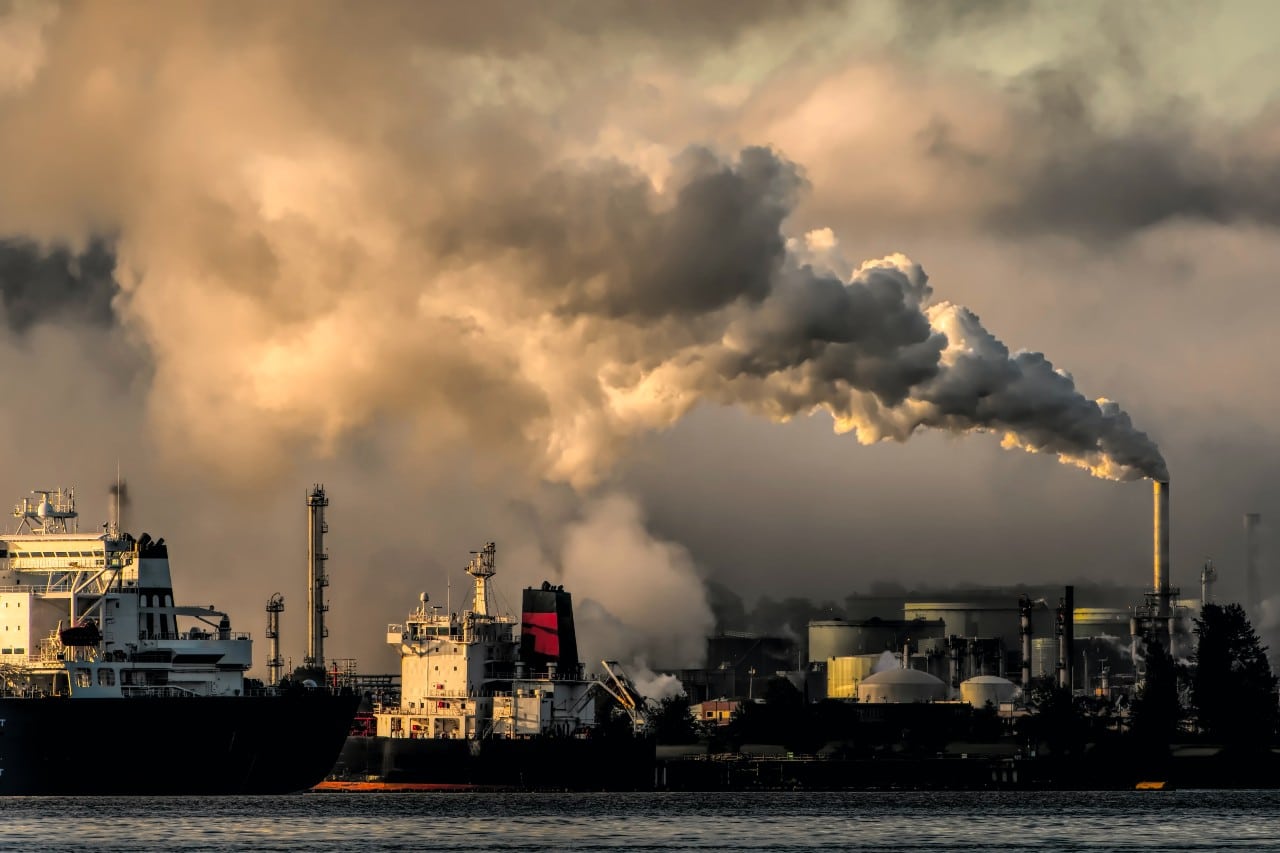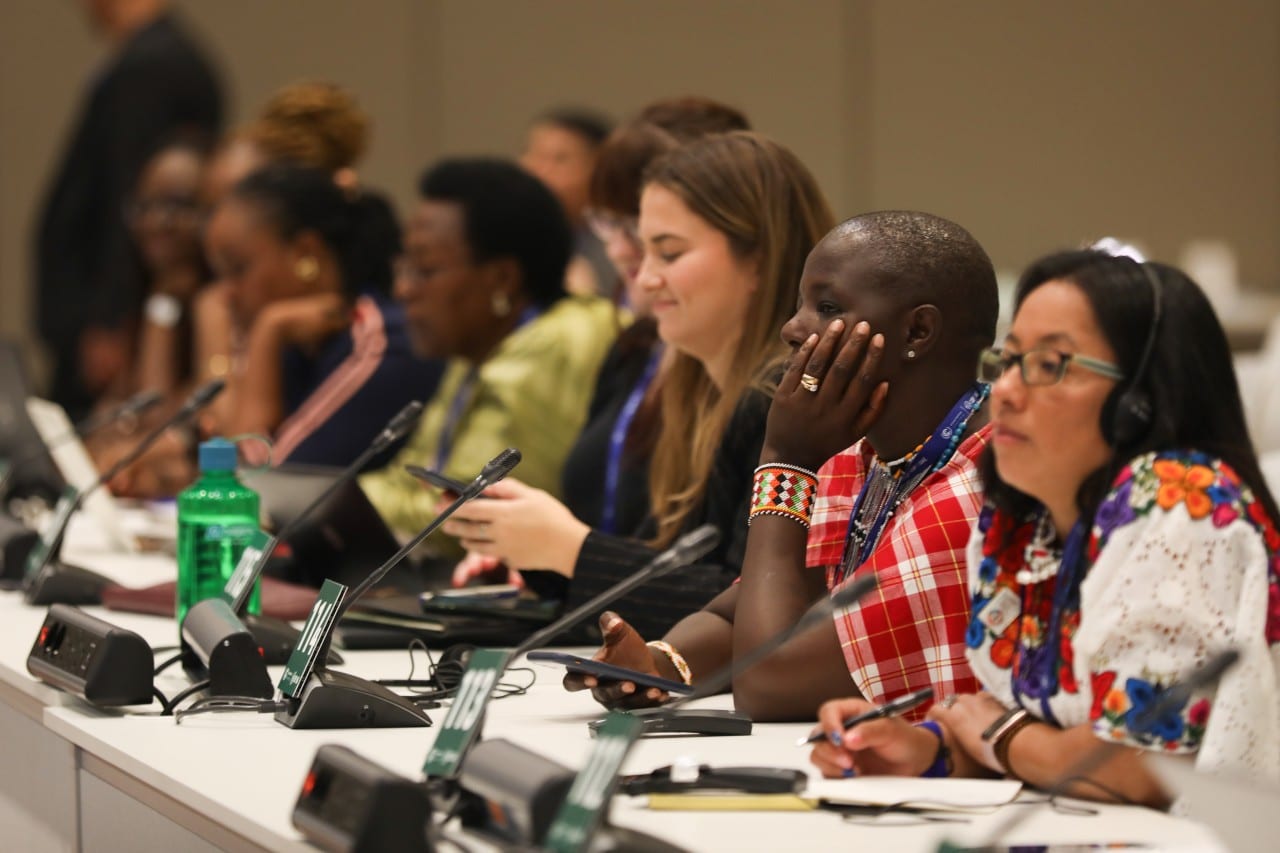
As COP28 gets underway, we answer seven questions on this crucial climate gathering.
1. COPs… COP28… What do they stand for?
United Nations Climate Change conferences (or COPs) are the world’s largest annual climate summits. They bring together the 198 countries (or Parties) that have ratified the 1992 UN Framework Convention on Climate Change (UNFCCC). That’s almost complete membership of every country in the world.
COP28 stands for the 28th meeting of the Conference of the Parties (COP). It is taking place in Dubai, United Arab Emirates from 30 November to 12 December 2023.
2. What is important about COP28?

COP28 will conclude the first-ever global stocktake, a process for countries and stakeholders to see where they’re collectively making progress towards meeting the goals of the Paris Climate Change Agreement. This agreement’s main goal is to hold “the increase in the global average temperature to well below 2°C above pre-industrial levels” and pursue efforts “to limit the temperature increase to 1.5°C above pre-industrial levels.”
The world is not currently on track to limit global warming to 1.5°C. The window for meaningful change is closing, and the time to act is now.
3. What else can we expect from the conference?
Discussions at COP28 need to make progress in several areas, including:
- Hammering out the details of the loss and damage finance facility to help vulnerable communities deal with immediate climate impacts
- Driving towards a global goal on finance that would help fund developing countries’ efforts in addressing climate change
- Accelerating both an energy and a just transition
- Closing the massive emissions gap
4. How many people will attend?

The conferences are now the largest annual meetings convened by the United Nations. More than 70,000 delegates are expected to attend COP28, including the member states (or Parties) of UNFCCC. Business leaders, young people, climate scientists, indigenous peoples, journalists, and various other experts and stakeholders are also among the participants.
5. Who decides where a COP is held?
The host country of the COP normally rotates among the five United Nations regional groups: The African Group, the Asia-Pacific Group, the Eastern Europe Group, the Latin American and Caribbean Group (GRULAC) and the Western European and Others Group (WEOG). Regional group members hold consultations to determine which country from their region will make an offer to host a conference.
6. What were some of the achievements at previous COPs?
- Kyoto Protocol (COP3 in Kyoto, 1997) – This committed industrialised and economies in transition to limit and reduce greenhouse gases (GHG) emissions in accordance with agreed individual targets.
- Paris Agreement (COP21 in Paris, 2015) – This legally binding international treaty’s overarching goal is to hold “the increase in the global average temperature to well below 2°C above pre-industrial levels” and pursue efforts “to limit the temperature increase to 1.5°C above pre-industrial levels.” In recent years, world leaders have stressed the need to limit global warming to 1.5°C by the end of this century.
- Glasgow Climate Pact (COP26 in Glasgow, 2021) – Nations agreed to work to reduce the gap between existing emission reduction plans and what is required to reduce emissions, so that the rise in the global average temperature can be limited to 1.5°C. Nations reaffirmed their duty to fulfillfulfil the pledge of providing 100 billion dollars annually from developed to developing countries. It also marked a historic moment as the first COP agreement included a provision calling for a phase-down of coal power and a phase-out of “inefficient” fossil fuel subsidies.
- Loss and Damage Fund (COP27 in Sharm el-Sheikh, 2022) – Recognising that developing countries, despite contributing minimally to global emissions, are disproportionately vulnerable to the impacts of climate change, COP27 closed with a breakthrough agreement to provide loss and damage funding for vulnerable countries hit hard by floods, droughts and other climate disasters.
7. How can I follow COP28?
Sessions that are open to the public can be followed at this link.